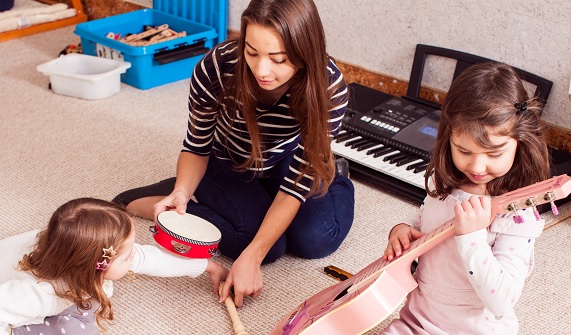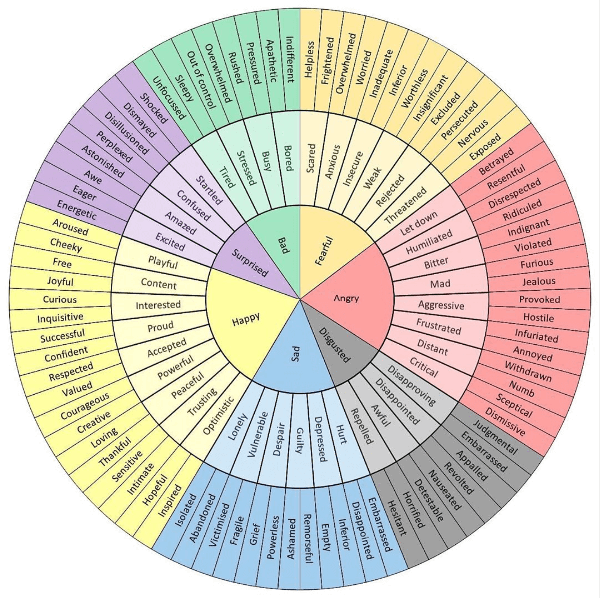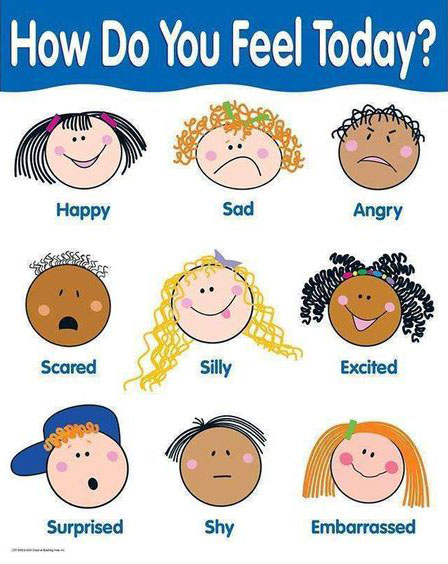No matter the activity in life, frustration is a reality even when doing something fun like learning a musical instrument. Accepting this fact and having strategies to deal with frustration will turn a seemingly negative element into something that can be used to move your playing forward and ultimately help you grow. Let’s explore some strategies on how to deal with frustrations and turn them into a tool to help us out in the long run.
Frustration Due To Jealousy
It is natural to look at other musicians and be envious of their abilities. However, it is important to realize that while every musician has been on the same path as you, they just might be on a different section of the path. It is often easy to chalk off someone’s advanced ability to natural talent. Hard work and determination will pay off in the long run. Instead of letting frustration and jealousy turn into a negative emotional mindset, ask the musician that has an ability you wish you had how they got to where they are. You might be surprised with the answer, and might learn something new from them. Once you know this information, instead of trying to duplicate what the other musician did, determine a way to adapt the new information to your current strategy. For example, if the new information is that the musician practices 2 hours of technique and 1 hour of music a day but you only practice 10 minutes of technique and 50 minutes of music, try switching it up to 45 minutes of technique and 15 minutes of music. Both combinations equate to a total of one hour of practice.
Frustration Due To Inability On The Instrument
Every musician has been here! You practice for hours and don’t seem to make any progress. Frustration takes over and you wonder why to even bother. At times it is hard to observe progress due to the nature of the long learning curve some skill sets take. Having a practice journal can help us see incremental progress. Let’s say there is an exercise with a fast run of notes. Set the metronome to 60 beats per minute (bpm) and work on the exercise for a few days until you can finally play the exercise cleanly. Record the progress in your practice journal and then try bumping up the tempo to 62 bpm. This time it might only take you two days to play the exercise cleanly. Again, make an entry into your practice journal. Then bump up the tempo to 64 bpm. You might be surprised that it only took one day to adjust to this new tempo. While going from 60 bpm to 64 bpm may not be a big jump, you know it took 5 days of work and can see this progress when reviewing your practice journal. This provides a good positive feeling which motivates you to keep going. After two weeks you might be at 80 bpm or faster and observing incremental progress might have helped get you there.
Frustration Due To Being In A Band
When playing with others the sources of potential frustration increase due to the social circumstances of being in a group. Ideally, everyone has an equal voice and ability so that the band as a whole can move forward as one unit. In reality, there will always be stronger and weaker players who must find ways to contribute to making music together. After a while, It is natural to feel frustrated when there is someone that doesn’t take responsibility and gets defensive when elements in their playing are pointed out. The saying ‘if you don’t have something nice to say don’t say anything at all’ helps to lower the potential frustration level. At times, the best strategy is to play your instrument to the best of your ability and let the other musicians figure things out. Unless you’re the bandleader, the job of deciding who is or isn’t in a band isn’t yours. Keep your head down and focus on making the best music you can. If you aren’t having fun anymore in a group, perhaps consider moving on to a different group. After all, music is meant to be fun, not frustrating.
Now that you are aware of these tools and strategies, what else can you do to help your journey to becoming the musician you want to be? Check out THIS BLOG if you are an Adult Learning to Play Music and CONTACT US for private online music lessons to fast charge your progress on any instrument.




